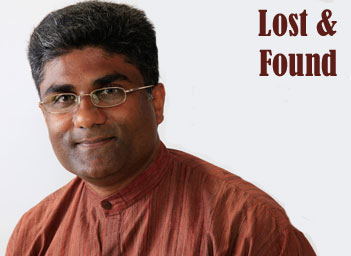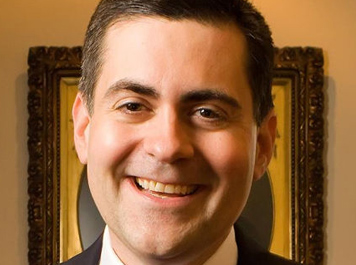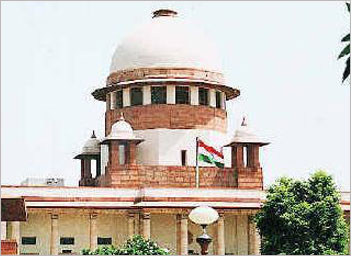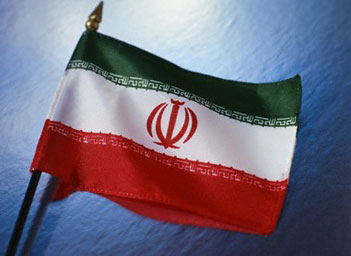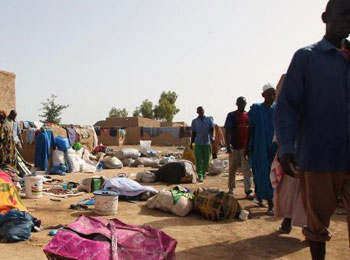A United Nations Special Rapporteur has written to the Nigerian government to express concern over the continued criminalization of blasphemy in the country and the treatment of those accused of it, specifically Deborah Yakubu and Rhoda Jatau. The formal communication to the government of President Bola Tinubu comes after a coalition of human rights groups that includes Christian Solidarity International (CSI) issued a joint appeal to the Special Rapporteur to take up the case of Rhoda Jatau.
In a joint report, the Special Rapporteur on Freedom of Religion or Belief (SRFoRB), Nazila Ghanea, refers to “rising episodes of violence” relating to accusations of blasphemy targeting religious minorities in Nigeria.
The cases of Yakubu and Jatau “appear to be related to the legitimate exercise of the right to freedom of thought, conscience and religion and of freedom of opinion and expression,” the rapporteur says, and notes that as Christians in northern Nigeria both belong to a religious minority.
Deborah Emmanuel Yakubu, a student from Sokoto, was lynched last year by fellow students who accused her of blasphemy against Islam. Rhoda Jatau, a health worker from Bauchi State, was similarly accused of blasphemy after sharing a video that condemned the killing of Yakubu. She has been imprisoned since her arrest on May 20, 2022, and is standing trial on charges of “inciting public disturbance as well as insulting and exhibiting contempt of religious creed.”
“We wish to express our utter concern at the lynching and burning alive of Ms. Emmanuel; the apparent negligence of the police prosecution and the lack of accountability for the perpetrators of her murder; we are also concerned at the arrest and detention of Ms. Jatau, accused of ‘blasphemy’, who has been imprisoned for over a year for what appears to be her mere peaceful exercise of her right to freedom of expression and freedom of religion or belief,” the Special Rapporteur wrote.
A ruling on a request to have the charges against Jatau dismissed is expected on November 27, close to a year after her trial began. The special rapporteur points out that Jatau has been repeatedly denied bail citing the risk of public disturbances, and that since the time of her arrest, she has only had intermittent access to legal counsel and family members mainly during court appearances.
“CSI welcomes this important action from the UN Special Rapporteurs,” said Dr. John Eibner, the president of Christian Solidarity International. “We hope it will be followed by more action on Rhoda’s behalf from human rights stakeholders and governments with human rights commitments.”
The United Nations report also asks Nigeria to provide information on the legal grounds for Jatau’s arrest and detention and how this is compatible with Nigeria’s international human rights obligations. The rapporteur further expresses concern over the criminalization of blasphemy in Nigeria – contrary to international human rights law and standards – and the mob attacks and killings that often accompany accusations of blasphemy. The special rapporteur points out that previously raised concerns about the continued existence and frequent use of blasphemy laws in Nigeria have gone unanswered.
“Rhoda Jatau’s cruel imprisonment is an outrage against Nigerian law, international human rights law, and basic human decency,” says Eibner. “It is also a symptom of the violent culture of Muslim supremacy afflicting northern Nigeria. This culture is also evident in the ongoing ethnic cleansing campaign carried out against indigenous Christians in Nigeria’s Middle Belt by Fulani militias. If Nigeria is to find its way back to peace and stability, this culture must be confronted. Freeing Rhoda Jatau would be an excellent place to start.” Press Release








